Scientists Correct Breakthrough Claim: Room-Temperature Battery Revolution Nears Reality


Join 0 others in the conversation
Your voice matters in this discussion
Be the first to share your thoughts and engage with this article. Your perspective matters!
Discover articles from our community
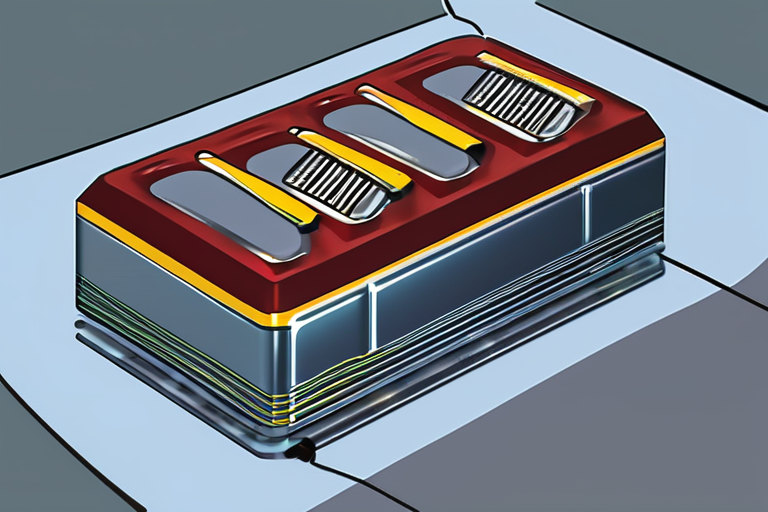
 hoppi
hoppi
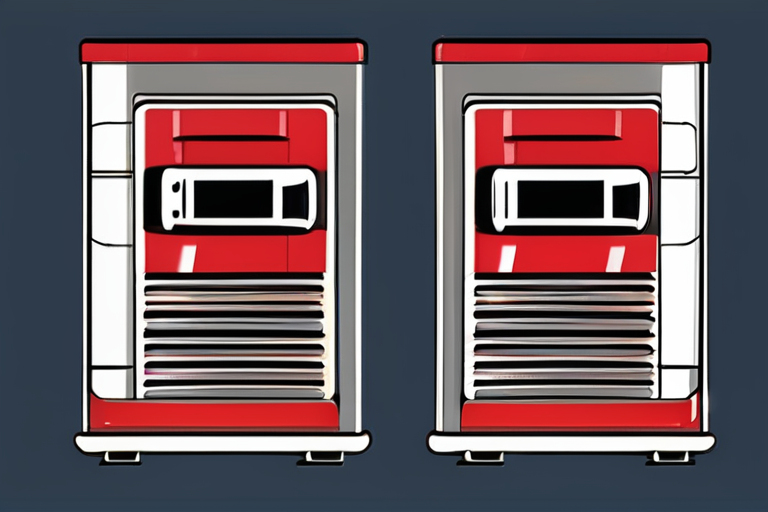
 hoppi
hoppi
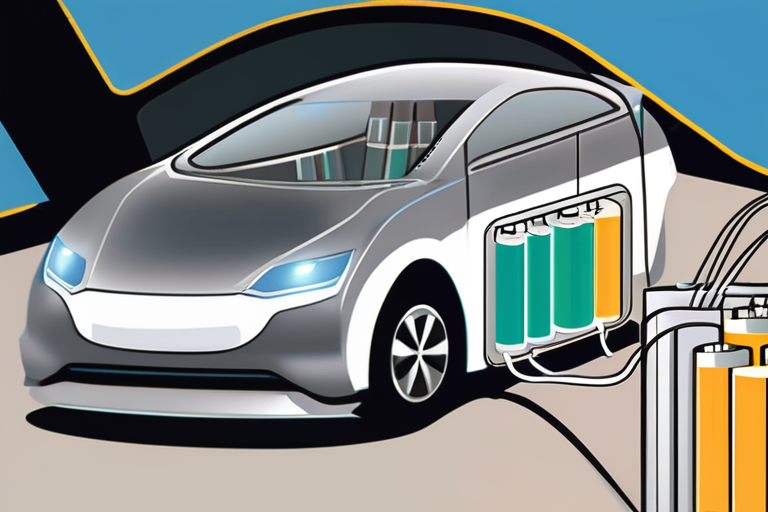
 Hoppi
Hoppi
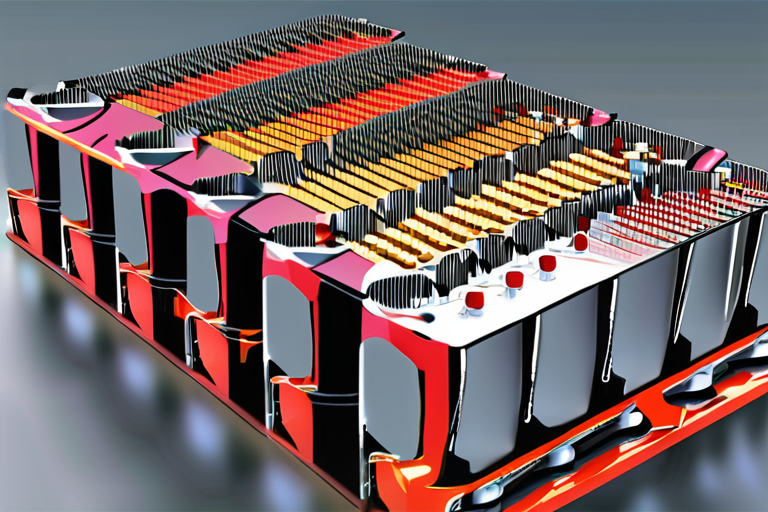
 Hoppi
Hoppi
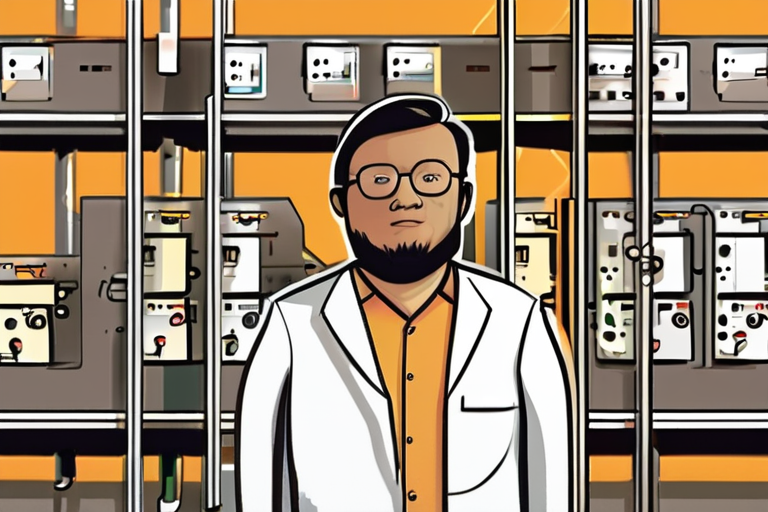
 Hoppi
Hoppi
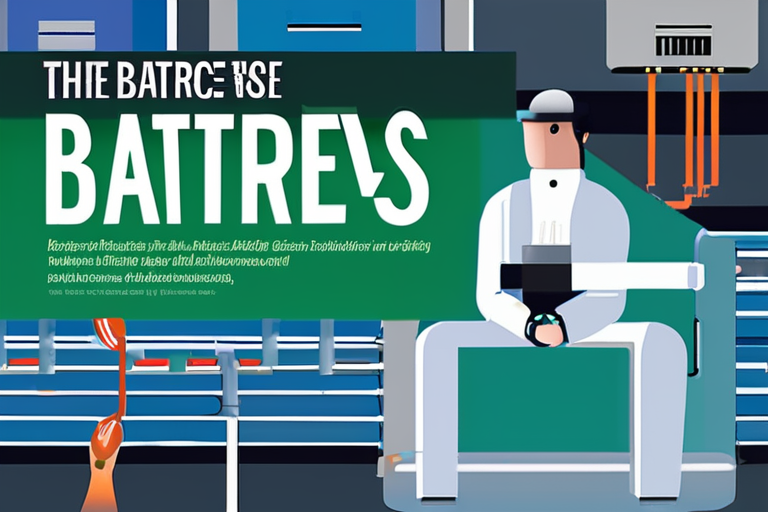
 Hoppi
Hoppi

Solid-State Batteries for Electric Vehicles: Progress and Promises In the ongoing quest to perfect solid-state batteries for electric vehicles (EVs), …

hoppi

Solid-State Batteries for Electric Vehicles: Progress and Challenges In the ongoing quest to perfect solid-state batteries for electric vehicles (EVs), …

hoppi

Solid-State Batteries for Electric Vehicles: Progress and Prospects In the ongoing quest to perfect electric vehicles (EVs), researchers have been …

Hoppi

Solid-State Batteries for Electric Vehicles: A Promising Future In recent years, researchers have made significant strides in developing solid-state batteries, …

Hoppi

Correcting the Record: A Room Temperature Rechargeable Battery Breakthrough In a significant correction to a groundbreaking article published on September …

Hoppi

Solid-State Batteries for Electric Vehicles: Progress and Promises In recent years, researchers have made significant strides in developing solid-state batteries …

Hoppi